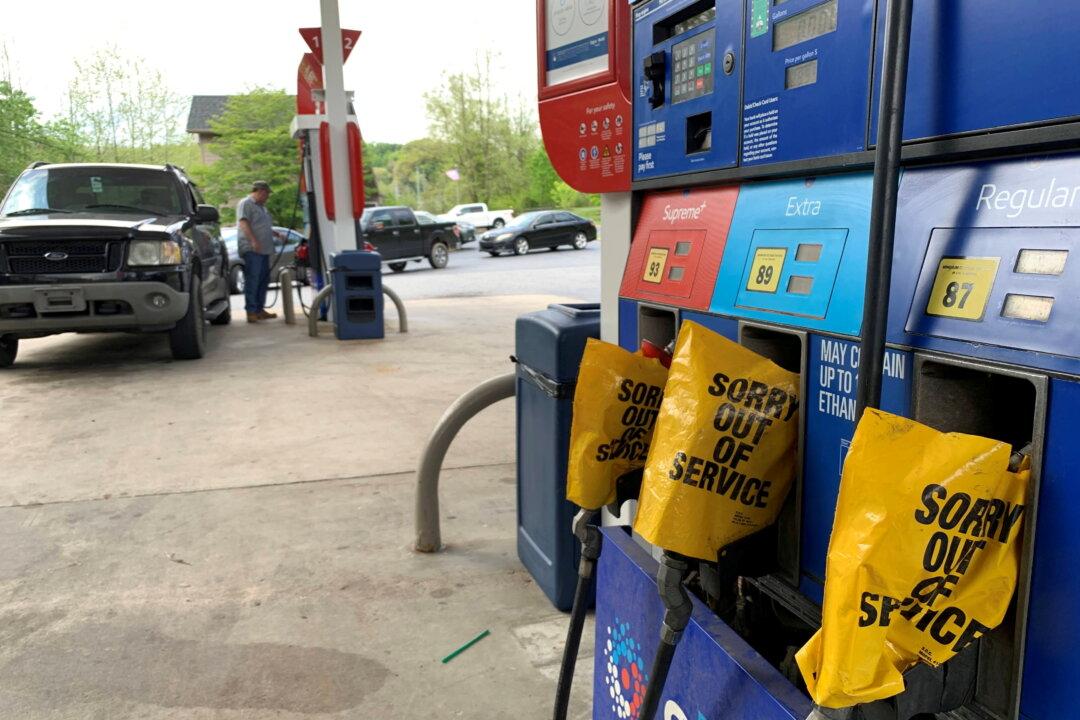The Department of Homeland Security on Wednesday approved a temporary waiver of the Jones Act to a company in an effort to ease fuel supply constraints caused by the shutdown of the Colonial Pipeline.
Secretary of Homeland Security Alejandro Mayorkas said the approval to the unnamed company was made following careful consideration and consultation with other agencies in the federal government. The targeted waiver comes after the Department of Transportation said on Tuesday that it was considering waivers of the Jones Act in response to fuel shortages caused by interruptions in the operation of the Colonial Pipeline that was targeted in a ransomware attack.




